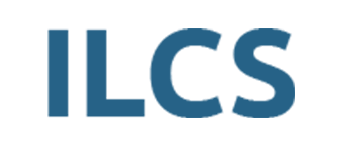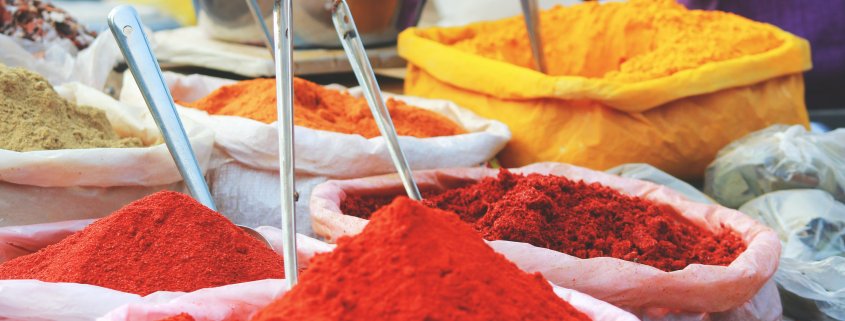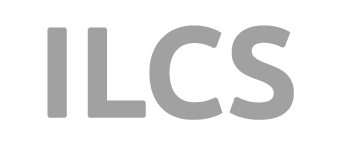Alternative Medicine Gaining Recognition. Medicine (dostęp abonamentowy)
- allow systems to be practised – zezwalać na praktykowanie
- date back to … / stretch back – pochodzić z … ( + okres/ data historyczna/ epoka, etc.)
- make significant contribution to … – mieć znaczący udział w …
- oath – przysięga (uroczyście, np. administer oath – złożyć przysięgę)
WYMOWA
Many countries that trace their history to ancient civilizations allow systems of treatment to be practised today. Traditional Chinese medicine dates back to about 3,000 years ago, whereas India’s own Ayurvedic tradition stretches back more than 5,000 years. These traditional systems have made significant contributions to modern medicine. Ancient Egypt, for example, is known to have influenced the Greek physician Hippocrates of Kos—considered the father of modern Western medicine, and the person after whom the Hippocratic oath was named.
- willow bark – kora wierzby 😉
- active ingredient – aktywny składnik
- effective scientifically proven drugs – leki o skuteczności potwierdzonej naukowo
- pharmaceutical product – produkt farmaceutyczny
Ancient Egyptians used dried leaves to treat aches and pains and Hippocrates prescribed an extract of willow bark for fevers long before European scientists synthesized the active ingredient in both, salicylic acid. That helped lead to the development of one of the oldest, most effective scientifically proven drugs in human history, one that continues to be a popular pharmaceutical product today: aspirin.
- fringe – tutaj: wybryk / kaprys
- member states – państwa członkowskie
- acknowledge – uznać/ przyznać / potwierdzić
- rely on … – polegać na …
- outline strategy – opracować strategię
- validate – uznać/ potwierdzić wartość
And though traditional medicines have often been caricatured in the West as fringe or universally harmful, many countries—with the support of the World Health Organization—continue to use them. In a 2019 report, the WHO said that 179 countries (nearly 90 percent of its member states) acknowledged relying on traditional medicine in some form. Back in 2014, it outlined strategy to help nations validate these practices.
- underestimate – nie doceniać / overestimate – przeceniać
- demand for … – popyt na … / zapotrzebowanie na …
“Traditional medicine is an important and often-underestimated part of health care,” Margaret Chan, the organization’s then–director general, said at the time. “It is found in almost every country in the world and the demand for its services is increasing.”
- define clearly – czytelnie zdefiniować
- ensure safety – zapewnić bezpieczeństwo
- affordable – po przystępnej cenie
The strategy formulated clearly defined national policies that ensured safety, quality, and regulation. The WHO would help countries develop standards that validated traditional remedies while integrating them with modern medicine, seeing them as affordable, low-tech interventions in underserved areas.
- severe shortage of … – dotkliwy brak
- treatment facilities- infrastruktura medyczna
- rural areas – tereny pozamiejskie
- prescribe treatment – zalecić / przepisać metodę leczenia
- bound together – połączone/ związane / zintegrowane
India offers an example of precisely this integration. In India homeopathy and traditional medicine have offered an antidote to the rising cost of health care and the severe shortage of treatment facilities in rural areas. In the mid-’90s, India’s government formed a department within the health ministry to regulate traditional medicine, including homeopathy. In all, six different types of traditional medicine are institutionalized in India, and taught in more than 500 medical colleges. Nearly 800,000 traditional-medicine doctors were registered with the health ministry, compared with 1.1 million allopathic doctors. Even Indian medical professionals trained in Western-style programs will often prescribe homeopathic treatments, illustrating how bound together traditional and modern medicine can be in the country.
- 00:38′ approach to healing – podejście do uzdrowienia/ metody …
- 00:55′ principles – podstawy / zasady
- 01:08′ herbs / herbal prescription – zioła / receptura leków ziołowych
- 01:54 internal/ external application – podanie (zastosowanie) wewnętrzne / zewnętrzne
- 02:22′ inflammatory condition – schorzenia zapalne
- 02:32′ unparalleled – nieporównywalny / niezrównany
Obejrzyj tutaj inspirujący film na temat tradycyjnej medycyny hinduskiej
Moduł językowy inspirowany artykułem ‘Where Pseudoscience is Spreadin’, opublikowanym na theatlantic.com




